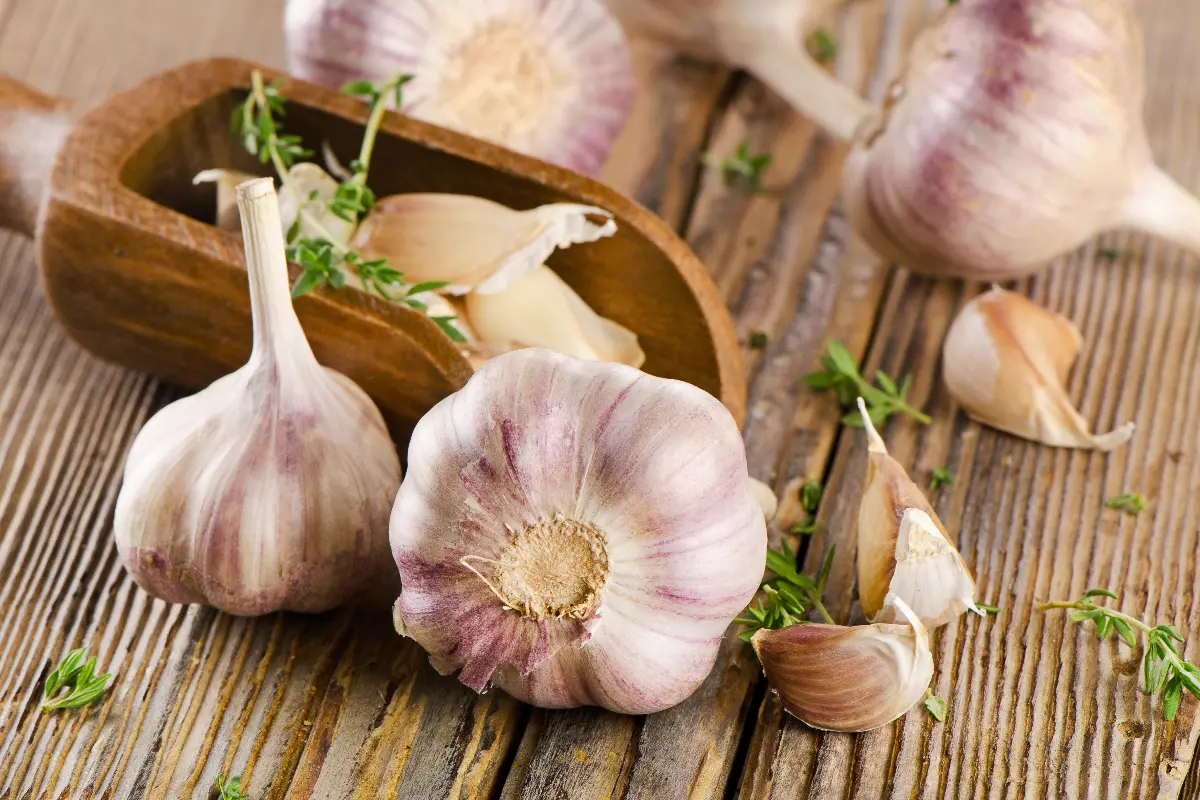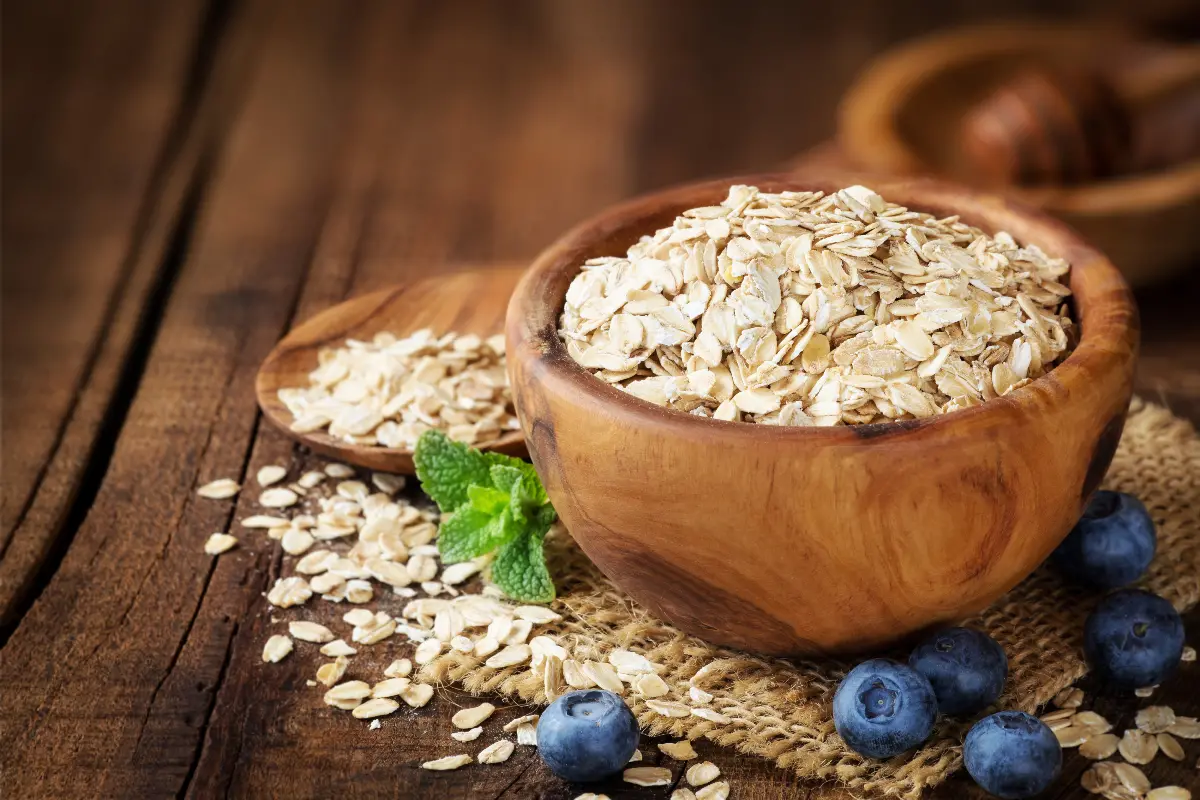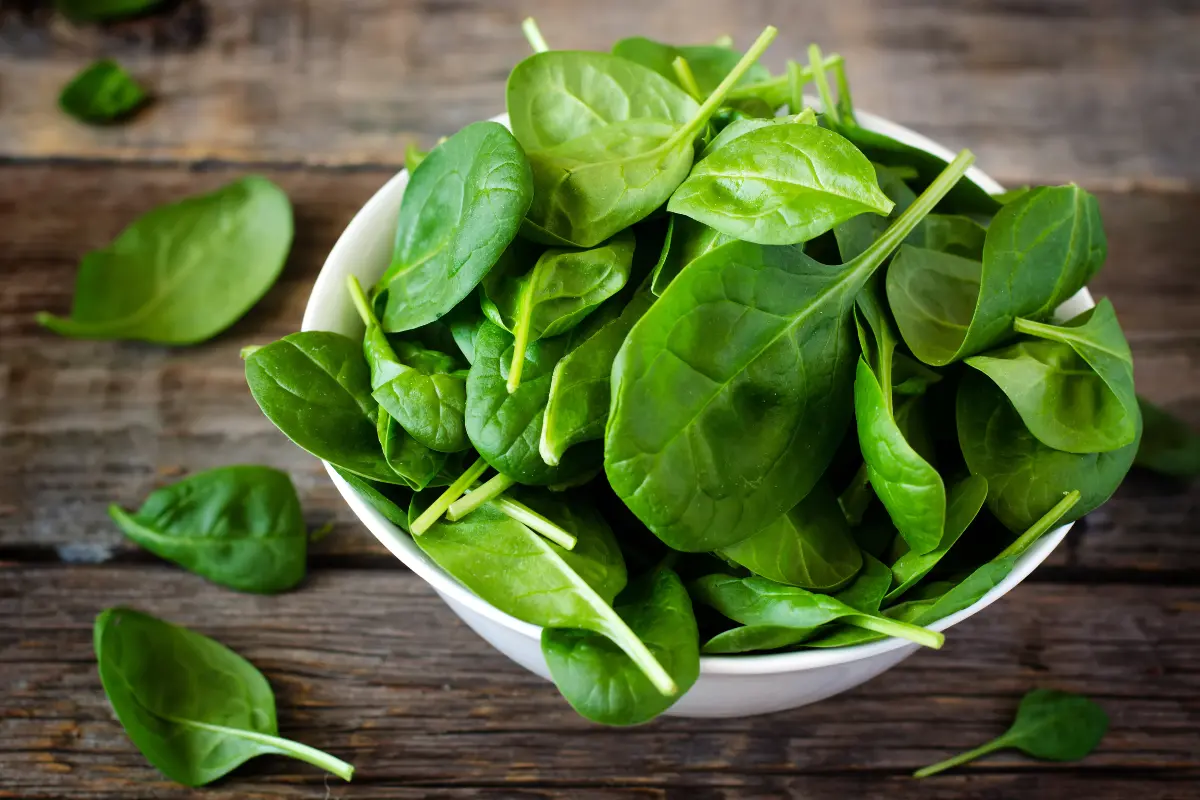Imagine turning the key in the lock and entering a space filled with the potential for healing and vitality. No, it's not a high-end wellness center—it’s your very own kitchen. The shelves and cabinets that hold our culinary staples are also stocked with everyday ingredients that, unbeknownst to many, can work wonders for our health. From spices that reduce inflammation to humble vegetables that pack powerful nutritional punches, the road to well-being might just be a short walk to your pantry.
Let’s delve into the world of common kitchen heroes, encapsulating a treasure trove of health benefits.
 POKE THEORY
POKE THEORY
 CAT & THE FIDDLE
CAT & THE FIDDLE
 ICE LAB
ICE LAB
 KOHI ROASTERY & COFFEE BAR
KOHI ROASTERY & COFFEE BAR
 TUK TUK CHA
TUK TUK CHA
Garlic, for instance, is a pungent allium that does more than add flavor to your dishes. It's rich in a compound called allicin, which is released when garlic is chopped or crushed. Studies have lauded allicin for its ability to combat bacteria and viruses, reduce blood pressure, and even improve cholesterol levels, thereby supporting heart health. Incorporate garlic into your diet by adding it to stir-fries, sauces, or marinades.

Equally impressive is the golden spice turmeric. The active compound in turmeric is curcumin, which has been celebrated for its potent anti-inflammatory and antioxidant properties. Those suffering from joint pain or arthritis may find relief by adding turmeric to their diet, and its potential for supporting brain health and protecting against heart disease is also being extensively studied.
Next, turn your attention to the seemingly humble apple cider vinegar, which has become a holistic health darling. Its acetic acid content has been suggested to aid in weight loss, blood sugar control, and even improving skin health. A spoonful in a glass of water might just be the potion for managing digestive issues and boosting metabolism.
Oats aren't just the cornerstone of a hearty breakfast; they’re packed with beta-glucan, a type of soluble fiber which can reduce cholesterol and blood sugar levels, promote healthy gut bacteria, and increase feelings of fullness.

But don't forget about nuts and seeds. Almonds, for example, are great sources of vitamin E, magnesium, and mono- and polyunsaturated fats, which are vital for heart health. Whereas chia seeds are little powerhouses of omega-3 fatty acids, important for brain health, and fiber, which can help maintain a healthy digestive system.
A common ingredient in Southeast Asian kitchens, coconut oil, is worth noting for its medium-chain triglycerides (MCTs). These are quickly metabolized and have been associated with increased energy expenditure and feelings of fullness. However, it’s important to consume it in moderation due to its high saturated fat content.
Ingenious use of herbs such as parsley, cilantro, and basil can turn a simple dish into a nutrient-dense meal. These herbs are more than just garnishes: they are rich sources of vitamins, antioxidants, and other phytonutrients that can support a healthy immune system. Their aromatic essence contributes to the sensory pleasure of eating, which is an integral part of enjoying a balanced diet.
Leafy greens like spinach and kale are almost unsurpassed in nutrient density. Spinach is loaded with iron, essential for carrying oxygen throughout your body, and kale is bursting with vitamins A, K, and C. Despite being low in calories, they are also excellent sources of calcium and fiber.

While it's crucial to be aware of the miracles residing in our kitchen, it is equally important to understand that moderation and balance are key. Incorporating these foods into a varied and colorful diet will maximize their health-boosting potential. Furthermore, consider how these ingredients are prepared; for instance, nutrients like vitamin C can be destroyed by heat, so sometimes, enjoying foods raw or lightly cooked is best to retain their health benefits.
As we become more attuned to the rhythms of our bodies and the power within our kitchens, it's clear that a dose of culinary alchemy can go a long way. The benefits of these common kitchen staples are vast and often backed by scientific research. Yet, they shouldn't replace medical treatment for acute or chronic conditions. It is always recommended to consult with a healthcare professional, especially before making significant changes to your diet or lifestyle.
The takeaway message is invigorating and simple: your kitchen could hold the secrets to better health, accessible and waiting to be stirred into your next meal. So next time you're rummaging through your spices or perusing your produce, be mindful of the powerful resources you have at your fingertips. The journey to better health and vitality can be as close as your next home-cooked meal, spiced and seasoned to perfection, with a dash of wellness and a sprinkle of care.
